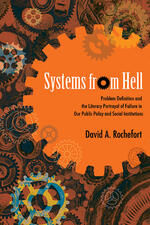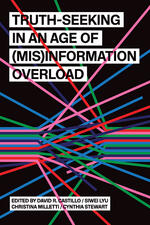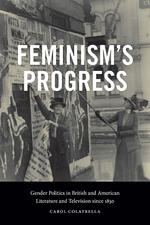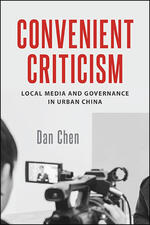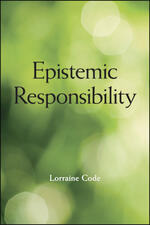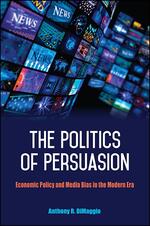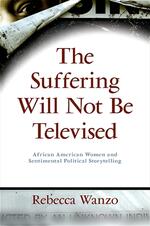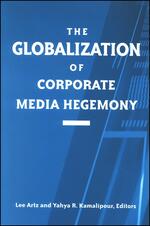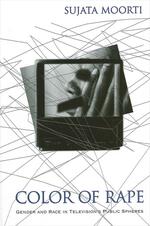Mass Media
Systems from Hell
Examines how contemporary novels document and define social problems using a variety of narrative techniques to focus attention on systemic failure.
Truth-Seeking in an Age of (Mis)Information Overload
Offers a thorough, multidisciplinary picture of the informational challenges of our media ecosystem, as well as collaborative strategies for addressing them.
Feminism's Progress
Explores how popular novels, short stories, and television shows from the United States and Britain illustrate the positive effects of feminism and promote gender equity.
Following the Ticker
Traces the influence of the stock market on Americans' beliefs about politics.
Hollywood Films in North Africa and the Middle East
Traces the circulation of Hollywood films in North Africa and the Middle East from the early twentieth century to the present.
Seeing Symphonically
Looks at how a group of aesthetically innovative independent films contested and imagined alternatives to urban planning in midcentury New York.
Convenient Criticism
Explains why and how local critical reporting can exist in China despite the kinds of media control that are the hallmarks of authoritarian rule.
Epistemic Responsibility
Develops a new kind of epistemological position that highlights virtue over more standard epistemological theories.
Hearts and Minds
Uses Israel’s public diplomacy efforts during the second intifada (2000–2005) as a prime example of interactions between state security, diplomacy, and the media.
Ripping England!
Examines an all too often neglected period of postwar British cinema and popular culture.
Gestures of Love
Examines movie romance in light of our emotional bond to the actors and characters on screen.
The Politics of Persuasion
Examines how the US media covers high-profile public policy issues in the context of competing claims about media bias.
Passionate Detachments
Investigates the cultural value of film violence.
Selling War, Selling Hope
Details how presidents utilize mass media to justify foreign policy objectives in the aftermath of 9/11.
Endtimes?
A groundbreaking study of ten difficult years in the life of America's most important newspaper.
The Suffering Will Not Be Televised
Explores how the suffering of African American women has been minimized and obscured in U.S. culture.
Negotiating Democracy
Explores the relationship between media and democracy against the broader background of globalization.
Beyond Representational Correctness
Argues that representational correctness can cause critics to miss the positive work that films and television shows can perform in reducing prejudice.
Taking on the Pledge of Allegiance
Explores atheist Michael Newdow’s constitutional challenge and how the news media marginalized him from the moment the Ninth Circuit handed down its controversial ruling that the Pledge of Allegiance was unconstitutional.
Theatres of Human Sacrifice
Provides insight into the ritual lures and effects of mass media spectatorship, especially regarding the pleasures, risks, and purposes of violent display.
Globalization, Technology, and Philosophy
Confronts globalization and technology from philosophical perspectives.
The Globalization of Corporate Media Hegemony
Shows how dominant commercial media practices secure a hold among and affect diverse national cultures.
Connecting
Explores how we come to feel connected to those we have never met face-to-face.
Waste-Site Stories
Explorations in the aesthetics of waste and the material infrastructure of memory.
Color of Rape
Analyzes the depiction of rape on television network news, daytime shows, prime time programming, and alternative programming.
